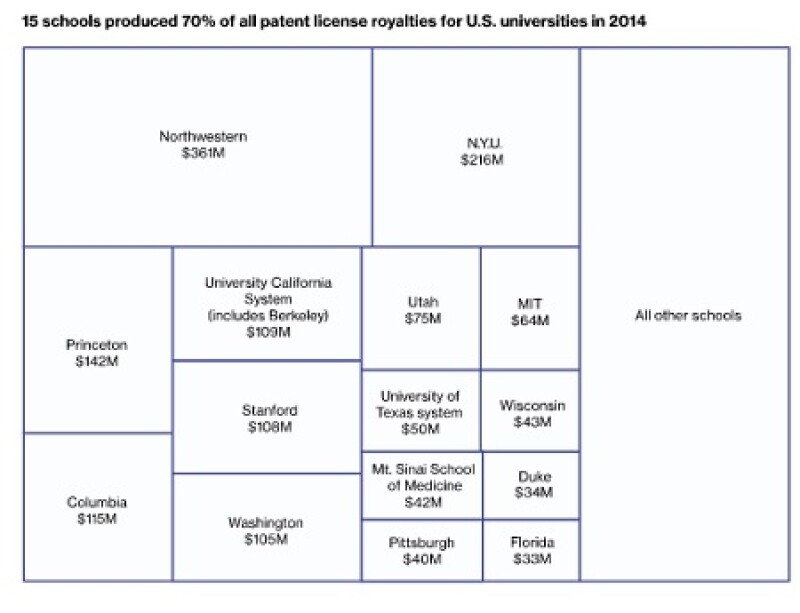Managing IP was busy reporting from the INTA Annual Meeting last week (read the highlights here) so this week’s round-up includes stories from the past two weeks.
#Googacle ends in victory for Google
The biggest story in the past two weeks was the verdict in the Oracle v Google trial. A jury found that Google’s use of 37 Java package names and 11,000 lines of “declaring code” in its android operating system was lawful fair use.

The Google verdict was hailed in some quarters is a validation of the idea that developing interoperable software need not require permission or a license.
“Still, the fair use victory is bittersweet,” noted the Electronic Frontier Foundation. “Judge William Alsup's previous opinion that the API labels in question are not copyrightable was the correct one, based on a reasonable reading of the copyright law in question. The Federal Circuit decision to reverse that opinion was not just wrong but dangerous. While developers of interoperable software can take some comfort in the fact that reimplementation may be fair use, a simpler and fairer solution would simply have been to recognize API labels as a system or method of operation not restricted by copyright.”
Oracle has announced it will appeal to the Federal Circuit, with a reported $9 billion still on the line.
Coke’s bid for exclusive “Zero” rights falls flat
The Trademark Trial and Appeal Board has ruled that Coca-Cola doesn’t have exclusive rights to use “zero” but agreed to register the word for the company’s diet-soda, reports The Wall Street Journal.
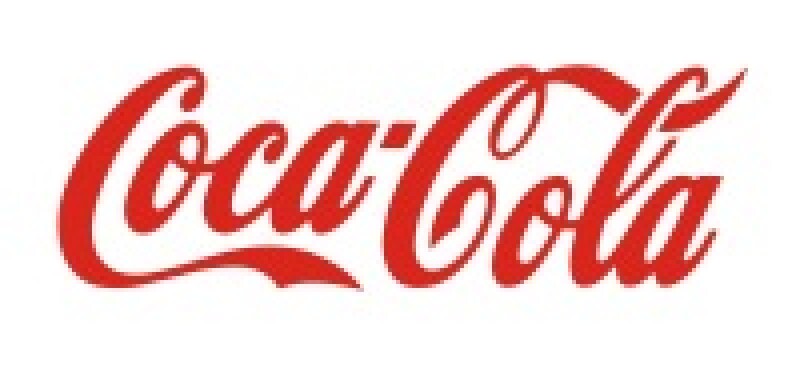
The company has been attempting to register the US rights to the word “zero” since 2003. Dr Pepper opposed, arguing that “zero” is generic.
The TTAB’s mixed ruling said that Dr Pepper had not proven that “zero” is a generic term, but said that Dr Pepper could use the word in its products as well because the full name made it “inherently distinctive”.
John Welch on the TTABlog provided a thorough analysis of the ruling.
Star Trek lawsuit boldly dropped
A lawsuit that was set to decide whether Klingon is copyrightable has been dropped by the owners of Star Trek’s copyright, according to the Gurwin’s Keyboard blog.
As this blog has previously reported, Paramount and CBS sued over a crowdfunded Star Trek fan film called Axanar. One of the elements the plaintiffs claimed was covered by copyright was the Klingon language.
The fan film community was critical of the decision to sue over Axanar. Previous Star trek fan films had been tolerated if done as homages and not for profit. The funding for Axanar was considerably higher than previous films, however.
“Well, rest easy, Trekkies,” reported Gurwin’s Keyboard. “At a recent Star Trek fan event, Star Trek Beyond Executive Producer JJ Abrams announced that the lawsuit was ‘going away’. Apparently, Paramount realized that, not only was the lawsuit engendering very bad feelings with its audience and fan base for the studio Star Trek films, but that the lawsuit could prove to be a logistical and procedural nightmare for the studio.”
First DTSA lawsuit filed
Days after the Defend Trade Secrets Act was signed by President Obama, a plaintiff sued under the new law in the Southern District of Florida. In MC Dean v City of Miami Beach Florida, a subcontractor for the Miami Beach Convention Center renovation project sued under both the new law and under state law, accusing the city of improperly giving the International Brotherhood of Electrical Workers confidential employee records.
However, some observers believe the claim under the new federal law will be short lived. MC Dean is alleging that on March 21, a city clerk improperly disclosed information to the Union, and that the subcontractor learned of this on March 22.
Crowell & Moring on its Trade Secrets Trends blog commented: “While it is uncertain whether the information allegedly misappropriated rises to the level of a trade secret, under either the DTSA or federal state law, unless the allegations of misappropriation occurred after May 11 2016, the DTSA claims should be dismissed. This is because under 18 USC Section 1836, the DTSA provides: ‘(e) Effective date.—The amendments made by this section shall apply with respect to any misappropriation of a trade secret (as defined in section 1839 of title 18, United States Code, as amended by this section) for which any act occurs on or after the date of the enactment of this Act.’”
Finjan and Proofpoint settle
Proofpoint has agreed to a license to the Finjan global patent portfolio. “While a settlement has been agreed to, the case dismissal is pending a final definitive licensing and settlement agreement,” Finjan said in a statement.
The terms of the agreement were reportedly worth $10.9 million to Finjan. "We consider the settlement of our patent infringement suit with Proofpoint to be a timely decision given the quickly approaching trial in June," said Phil Hartstein, Finjan's president and CEO.
Finjan has pending infringement lawsuits against FireEye, Sophos, Symantec, Palo Alto Networks and Blue Coat Systems relating to, collectively, more than 20 patents in the Finjan portfolio.
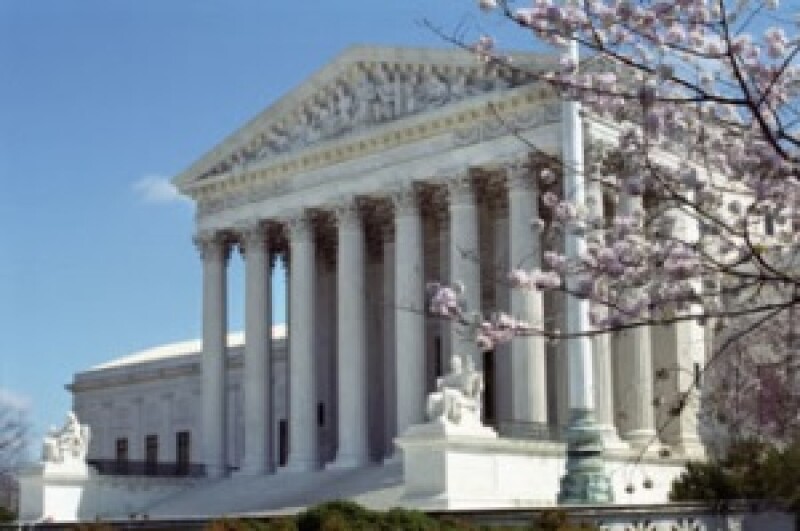
Supreme Court rebuffs Dow
The US Supreme Court denied Dow Chemical’s petition to hear a case in which the Federal Circuit threw out $28 million of supplemental damages for Nova infringing its patents, reports Reuters.
Kraftwerk loses at German Constitution Court
The German Constitutional Court has ruled against pioneering electronic band Kraftwerk in a dispute over a two-second sample of its song “Metal On Metal”, reports the BBC.
Kraftwerk’s Ralf Huttler sued hip hop artist Moses Pelham over the use of the sample looped repeatedly in the song Nur Mir (Only Me) by Sabrina Setlur. The court said blocking the sample would "practically exclude the creation of pieces of music in a particular style".
The Federal Court of Justice in 2012 had ruled that the song should no longer be promoted because it infringed copyright.
VirnetX seeks FaceTime injunction
Following on from its $625 million award from a Texas jury, VirnetX is asking a judge to shut down Apple’s FaceTime and iMessage features while the case goes to appeal, reports Fortune.
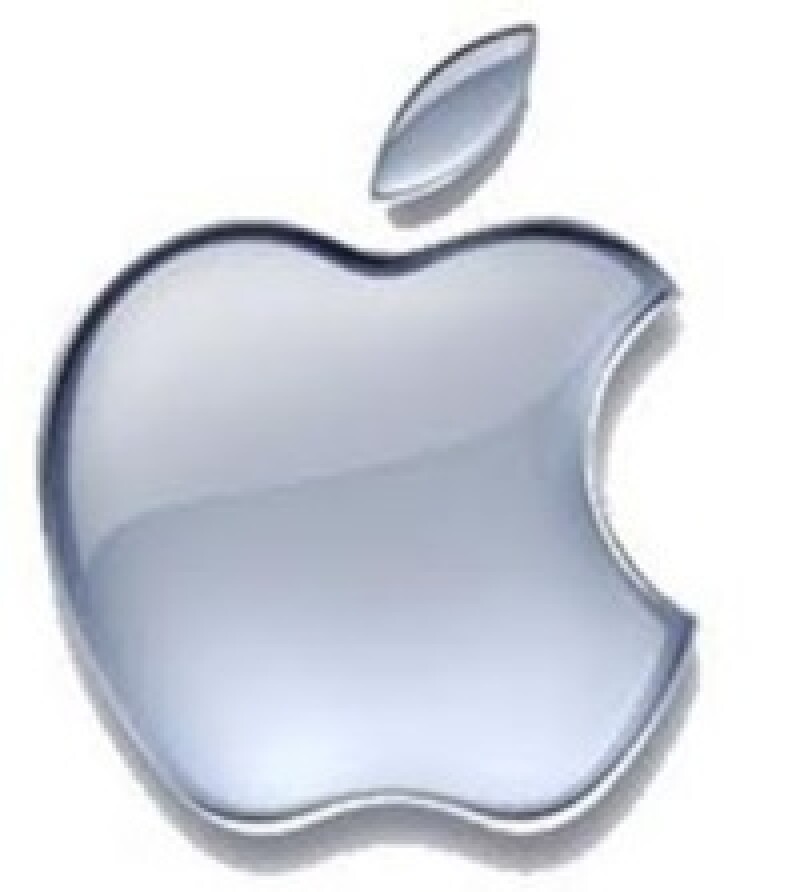
Apple is also facing new threats from elsewhere. The California Institute of Technology has sued Broadcom and Apple for patent infringement, reports the Patently Apple website.
The lawsuit concerns Apple products including iPhone 5 and 6, iPad, MacBook Air and Apple Watch.
The institute alleges infringement of our patents related to seminal improvement to coding systems and methods for wifi encoders and decoders.
Churrascos deemed generic
The Federal Circuit recently held that the Trademark Trial and Appeal Board did not err in its decision to refuse registration to a new, stylized version of CHURRASCOS, reports Akerman’s Marks, Works & Secrets blog.
The In re Cordua Restaurants ruling provided guidance on whether an applied-for mark is generic. The USPTO had refused to register the mark in stylized font in connection with “bar and restaurant services; catering”, despite the owner in 2008 obtaining the registration for mark CHURRASCOS in standard character format in the nearly identical “restaurant and bar services; catering”.
In rejecting the application, the USPTO had said the applied-for mark was generic for the services. The TTAB affirmed the ruling, agreeing that it is simply the generic term for a type of cooked meat and “a generic term for a restaurant featuring churrasco steaks”.
The Federal Circuit in its ruling reasoned that if the relevant public would understand a term denoting a specialty dish to refer to an important aspect of restaurant services, and then the term is generic for those restaurant services in general. In this case, there was substantial evidence that “churrascos” refers to a key aspect of a class of restaurants because those restaurants are commonly referred to as “churrasco restaurants”.
EFF takes on Shipping & Transit
The Electronic Frontier Foundation is helping a Maryland business hit back at an entity it views as a patent troll.
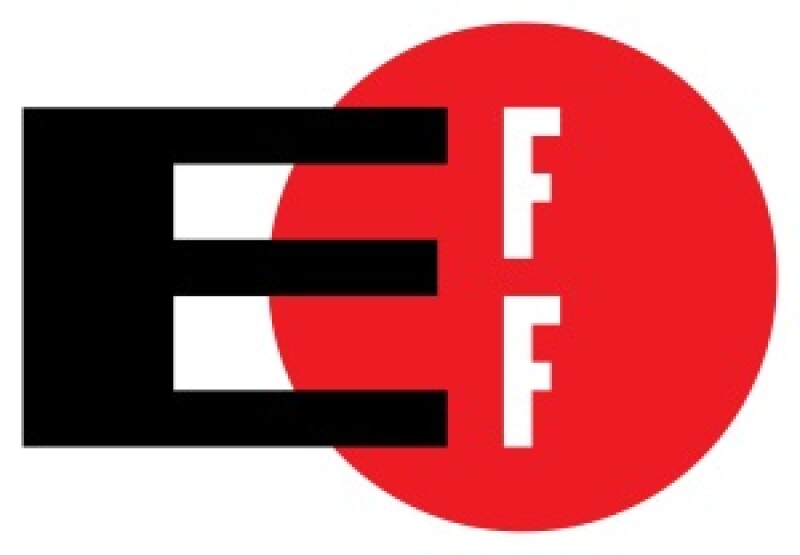
In January, Shipping & Transit sent a demand letter to Triple7Vaping , run by Jason Cugle, demanding a licence fee of $25,000 for “tracking and messaging technologies” that the company’s website allegedly infringed.
EFF explained: “When Jason tried to explain that his business didn’t operate the way Shipping and Transit claimed, Shipping and Transit tried to force Jason to sign an affidavit with confusing and unclear language under penalty of perjury. When Jason didn’t respond to Shipping and Transit’s demands, Shipping and Transit sent Jason a document making it seem like his company had been sued, even though no lawsuit had been filed.”
Triple7Vaping, through EFF and pro bono assistance from Turner Boyd and Kaplan Young & Moll Parrón, have sued Shipping & Transit, asking the court to reject the idea that the company owes anything to Shipping & Transit. In addition, the lawsuit seeks to show how Shipping & Transit makes frivolous claims of infringement in order to extract nuisance value settlements.
“Shipping & Transit has filed over 500 lawsuits alleging patent infringement,” said EFF. “Despite this remarkable number of lawsuits, no court has ever decided the merits of Shipping & Transit’s claims.”
It added: “This is not the first time EFF has encountered Shipping & Transit. As we wrote about last year, Shipping & Transit used to be known as ArrivalStar. ArrivalStar notoriously sued local municipalities for telling their citizens when a bus was due to arrive. Now, its campaign is focused on small businesses who ship packages through carriers like FedEx, UPS, and USPS, based on the fact that these small businesses allow their customers to track their packages.”
Huawei sues Samsung
Huawei has sued Samsung in the US, alleging infringement of 11 patents related to mobile devices and cellular-communications technology, reports Wall Street Journal.
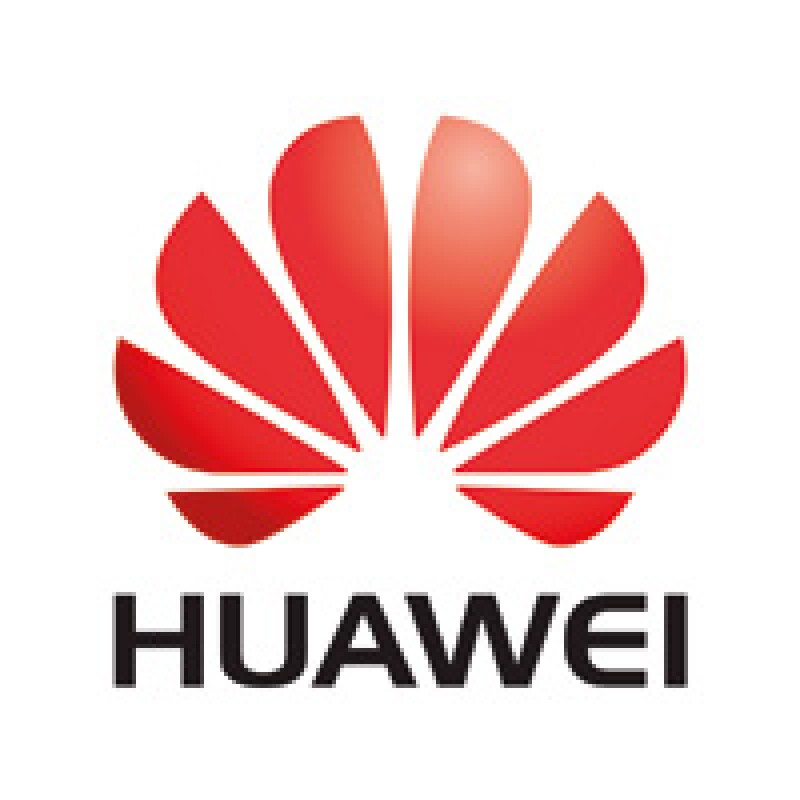
“The lawsuit marks the first major legal challenge by a Chinese smartphone maker against Samsung, which has dominated world-wide sales over the past several years,” noted the Journal.
Huawei also filed suit in the Shenzhen Intermediate People’s Court in China.
The Korea Times reported that Samsung told reporters that it plans to file a countersuit against Huawei.
Getting schooled in patent lawsuits
Bloomberg ran an interesting piece looking at the billions at stake in US university patent fights.
One example is UC Berkley v Broad Institute of MIT and Harvard, pitting the research institution first reported to be using a particular gene-editing technology against the one that received a special expedited patent for the technique.
Bloomberg said this is the latest in a trend of universities commercialising research discoveries. “But since university discoveries are funded primarily through tax dollars, shouldn’t schools be sharing intellectual property rather than fighting over it?” the article asked optimistically.
The article features many useful infographics, including one showing that 15 schools produced 70% of all patent licence royalties for US universities in 2014.
